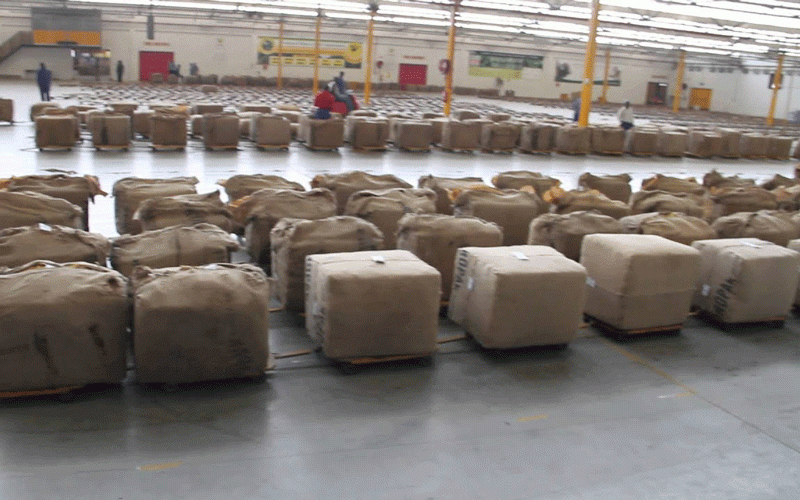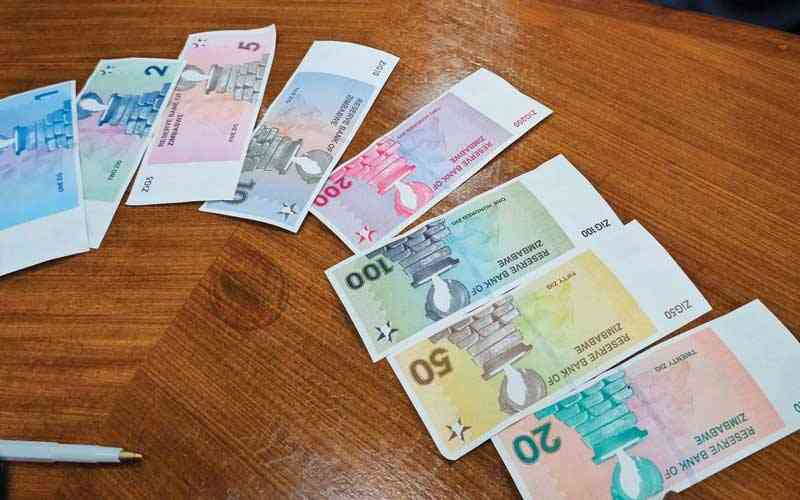
THE 2023 tobacco auction and marketing season officially closed on Monday, according to the Tobacco Industry and Marketing Board (TIMB).
However, the contract floors and delivery sites, which handle roughly 95% of the crop, will remain operational until all tobacco has been delivered.
According to TIMB statistics, 19,9 million kilogrammes of tobacco worth US$56,9 million had been sold through the auction floors as of July 27, 2023.
A total of 273,3 million kg of tobacco worth US$831,5 million were sold on the contract floors. The southern African nation made US$888,5 million, an increase of 43,3% over the previous year.
This undoubtedly proves that tobacco continues to be one of the nation’s top sources of foreign currency. However, TIMB official statistics reveal that more farmers are turning to contract farming as a result of lack of funding. Farmers’ unions, however, claim that contract farming has ensnared them in debt.
For years now, farmers have been caught in a vicious cycle of taking out loans from tobacco companies to finance their operations. But there is a catch to the loans: They are tied to a contract that requires the farmers to sell their tobacco exclusively to the contractors.
This year, again, the farmers found themselves unable to service their loans. This means they are forced to sign contracts again, effectively binding them to the companies for another season. The threat of losing their properties or being taken to court hangs over their heads like a Damocles Sword.
The situation is worrying not only for the farmers, but for Zimbabwe’s tobacco industry. With fewer farmers able to take out loans, the industry could suffer a significant blow.
- TIMB boss in court
- Tobacco sales hit 208m kg mark
- Tobacco sales rake in US$650,3 million
- Payment delays threaten tobacco farming preps
Keep Reading
Zimbabwe Tobacco Growers Association president George Seremwe recently indicated that “farmers are not happy, indeed, and at the same time they are debt trapped. They could not service their loans this season, meaning to say they are automatically forced to go back into a contract to be able to service their debts.”
So, according to him, farmers did not make any extra income, though they had increased volumes.
This was because prices remained extremely low on both auction and contract floors against high costs of production. The cost per kilogramme averaged US$3 throughout the season.
Farmers also raised concern that 80% of the proceeds from tobacco sales was going towards loan repayment. This is a big challenge for tobacco farmers, given that production costs had also gone up by 30%, and the situation will definitely affect production of the golden leaf next season.
We also suspect that during this marketing season, there was collusion at the auction floors, resulting in the price cap being maintained at US$4,99 throughout the season. How can we call it an auction if buyers put a cap?
Government should address such issues, otherwise we are killing farmers. Farmers need government support. We can’t afford to leave them at the mercy of agribusinesses.
As things stand, most of the money generated from tobacco sales is only benefiting the contractors, not the country. Worse still, most of the contractors are not local.
As a way forward, farmers should look for alternative ways of cutting costs of production to make tobacco more profitable.
Government should also come up with subsidies and incentives to enable tobacco farmers to cut costs to make tobacco growing lucrative.
In fact, it’s high time we rethink the tobacco funding model. Contract farming has proven to be unsustainable.






